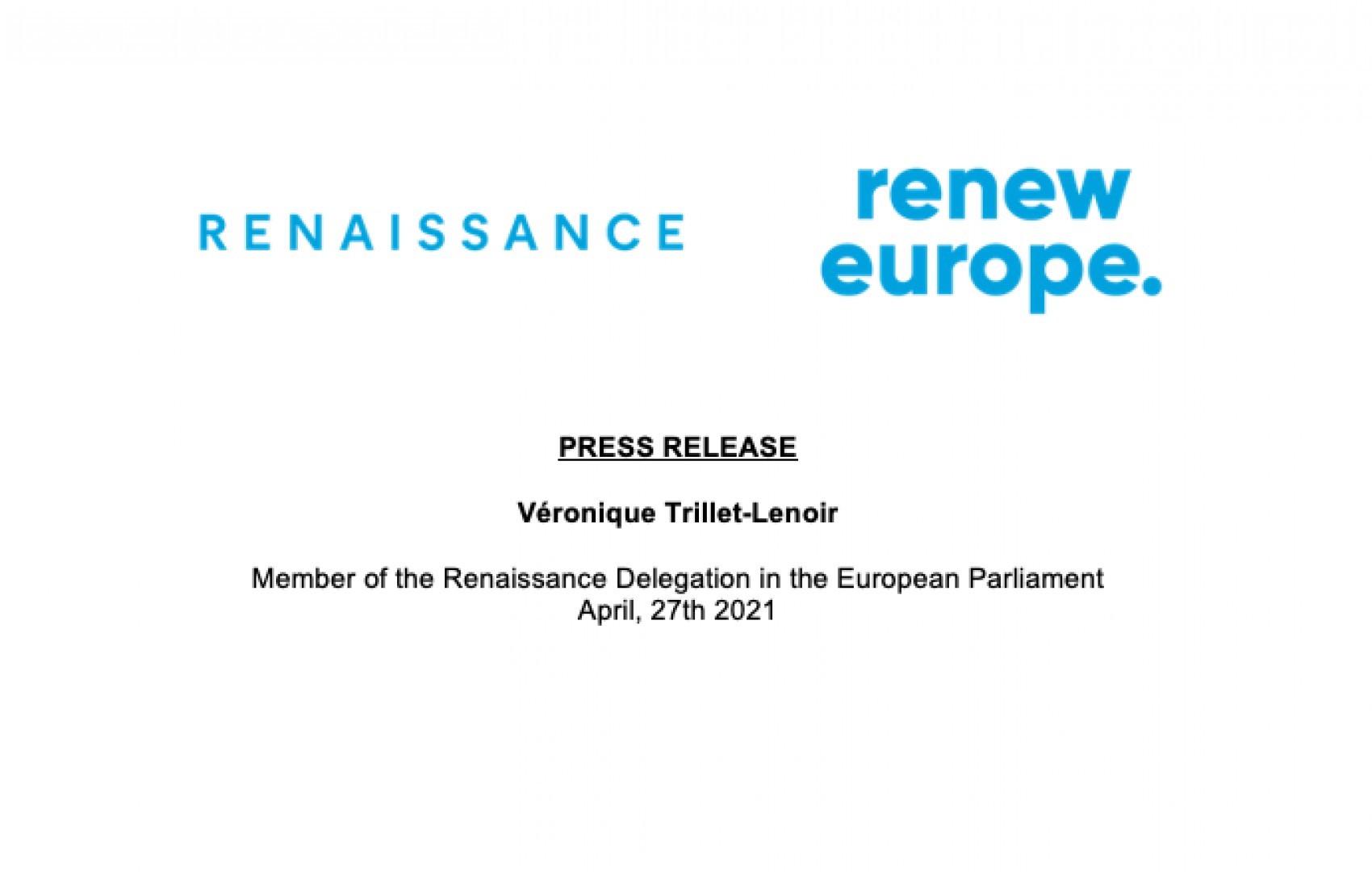The European Commission plans to revise the European asbestos directive in 2022, in order to strengthen the protection of exposed workers. Ahead of this legislative proposal, the European Parliament's Committee on Employment and Social Affairs begins its work to issue recommendations. Véronique Trillet-Lenoir, MEP of the Renaissance delegation, is shadow rapporteur on this file for her political group (Renew Europe).
While asbestos was banned at European level in 2005, it is still present in many buildings and is the first cause of work-related cancers.
The Green Deal: an opportunity to accelerate the removal of asbestos
“The Green Deal Renovation Wave is an opportunity to accelerate the removal of asbestos in Europe. But it is also a risk for workers in the construction sector, who are potentially exposed" underlines the MEP, who is also the European Parliament's rapporteur on the Cancer plan. “The European Green Deal is also a public health plan. It can make an important contribution to the “prevention” pillar of the European Cancer Plan. "
“In order to prevent risks, we first need to better detect the presence of asbestos. To this end, European renovation legislation should include an obligation to perform a diagnosis before work. This is already the case in some Member States, such as France. The diagnosis of buildings constructed before the asbestos ban should also be generalized so that buyers or tenants of buildings are informed of the risks" considers Véronique Trillet-Lenoir.
“The results of those screenings could be used to provide national mapping of asbestos. Such tools would make it possible to prepare and monitor multiannual asbestos removal plans in each Member State, as is already the case in Poland. It is a question of responsibility towards the next generations" insists the MEP, for whom we must also invest in the sustainable management of asbestos waste. “Treatment techniques exist and are promising but are not always, at this stage, sufficiently profitable. No tools should be ruled out, such as European Projects of Common Interest."
For the rapporteur of the European Cancer Plan, "the management of asbestos is an illustration of the importance of the principle of health in all policies. Housing policy, waste management, protection of health at work: all levers should be used, in the best interests of the health of Europeans."
The need for a socially fair transition
“The transition toward an asbestos-free Europe must be socially fair. This is an absolute imperative!” insists the MEP, for whom renovating should not be a privilege for the wealthiest only. “Owners must be actively supported. They should not bear the entire financial burden." "We should not only see the short-term costs, asbestos removal is also a major investment for public health: the benefits are considerable, not only in lives saved, in pain avoided, but also in savings for social protection systems." she adds.
For the MEP, this social justice must also go through the protection of workers. “Construction workers are on the front lines. They must benefit from the best prevention measures, and not only at their workplace. Upstream, minimum training standards must be set at European level. After exposure, all European workers should also be able to benefit from enhanced medical surveillance and access to appropriate services, such as support to stop smoking since there is a significant synergistic effect for the risk of lung cancer”.
Ensuring effectiveness of policies and support for victims
To assess the effectiveness of prevention policies and ensure precise epidemiological monitoring, Véronique Trillet-Lenoir suggests making mesothelioma, a cancer whose main risk factor is asbestos, a disease that must be systematically reported to health authorities. "This is already the case in France and would provide a reliable indicator at European level".
Due to the latency period between exposure and diagnosis of a disease, the benefits of measures taken today will only be felt in several years. “We must not forget the suffering and anxiety of the current victims. In addition to the personal suffering of a cancer diagnosis, there are too often procedural difficulties,” recalls Véronique Trillet-Lenoir, who suggests that victims' associations should be fully consulted, with the aim of facilitating the recognition and compensation of illnesses linked to occupational exposure to asbestos.



